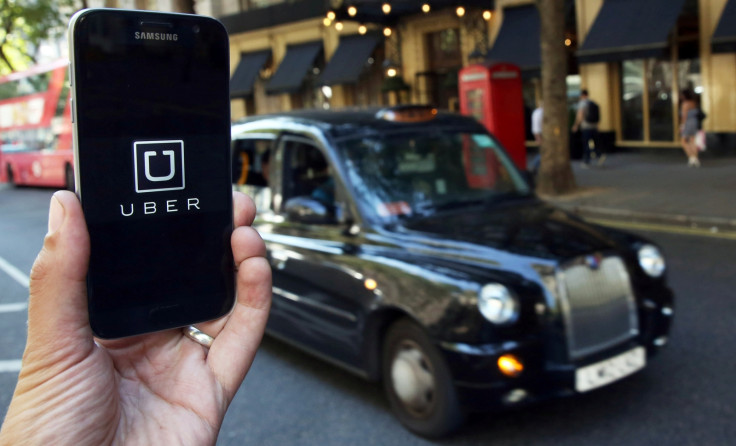Uber could face paying over £2m to operate in London under new licence fee proposal
Transport for London announced plans to change the fee structure for private hire operators.

Uber could stand to pay £2.1m ($2.7m) in operator licence fees in London under new proposed changes by the capital's transport authority. On Thursday (20 April), Transport for London announced plans to change the fee structure for private hire operators to reflect the increased costs of regulating the sector.
Tfl said the private hire sector in London has mushroomed in recent years, growing from 65,000 licensed drivers in 2013/14 to more than 117,000 this year. The number of vehicles has also risen from 50,000 to 87,000 over the same period as well.
Uber alone has more than 30,000 drivers in the city - the largest operator of private hire vehicles in London.
The transport authority said enforcement costs with regulating the burgeoning sector is also growing. Over the next five years, regulation costs are set to rise to a whopping £30m up from a previous estimate of £4m.
"The operators fees system is no longer fit for purpose," TfL's general manager of taxi and private hire Helen Chapman said. "It is only fair that license fees for private hire operators accurately reflect the costs of enforcement and regulating the trade. The changes to fees would also enable us to fund additional compliance officers to help crackdown on illegal and dangerous activity."
Currently, there are only two rates for five-year licenses - about £1,500 for small operators of up to two vehicles and around £2,800 for operators with three or more vehicles. The new proposals, however, will bump up the existing tiers to five.
Under the new proposed license fee structure, small operators with 10 vehicles or fewer will be charged around £2,000 for a five year license.
Large operators with more than 1,000 vehicles, such as Uber and rival London-based ride hailing service Addison Lee, will have to pay £167,000 as well as £68 per registered vehicle. Uber could face a bill of £2.1m compared to the current £2,826.
San Francisco-based Uber said it will review the consultation documents and said it supported the principle of larger operators being charged higher fees.
The proposed change comes as Uber grapples with multiple crises stateside including sexual harassment allegations, a high-profile lawsuit over self-driving technology from Waymo, secret tools used to thwart law enforcement and track drivers of rival lyft and a slew of executive depatures.
In the UK, Uber lost a court case in March to block TfL from imposing new strict English reading and writing tests for drivers. In October last year, an employment tribunal ruled that Uber's licensed drivers should be classed as workers and receive minimum wage, holiday pay and sick pay.
© Copyright IBTimes 2025. All rights reserved.





















